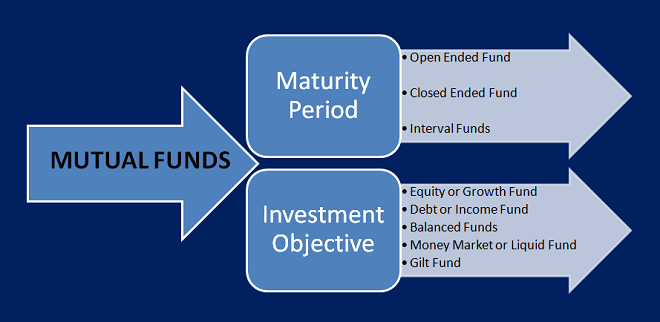GST Practitioner
CGST Act contains the provisions regarding appointment of GST Tax Practitioner (GSTP). GSTP is a person who is authorized by the GST Department for performing certain functions on behalf of the registered persons under GST. Although any person can perform GST functions whether authorized or not. Such registration will increase the sense of responsibility in […]
Partnership Act, 1932 – Important Points
Applicability This act applies to the whole of India except the state of Jammu and Kashmir. Formation The relationship of partnership arises from contract and not from status. The members of a Hindu Undivided Family carrying on a family business as such are not partners in such business. Where no provision is made by contract […]
Section 139(A)(5)(c) and Rule 114B – 18 Transactions in which Quoting PAN is Compulsory
Section 139A(5)(c) of Income tax act states that PAN is required to be quoted on transactions prescribed by CBDT. In such case, the seller of goods/services has to collect PAN from the buyer. Rule 114B of Income Tax Rules states the transactions in which quoting of PAN is compulsory. A table showing requirement under Rule […]
Depreciation is allowed @ 60% on Printers, Scanner etc
From financial year 2017-18 and onwards, maximum rate of depreciation is 40%. So depreciation on printers, scanner etc is also applicable at the rate of 40%. CASE LAW DETAILS Decided by: ITAT, DELHI BENCH `B’: NEW DELHI In The case of: ACIT v Container Corporation of India Ltd. Appeal No. : ITA Nos. 2851 & […]
Points to be considered while taking a Medical Insurance

Emergencies never happen with a warning. At such times, a good medical insurance can be a boon for the sufferer and family members. Medical costs and treatment prices are skyrocketing every day. If your medical insurance is in place, it lifts a major weight off your shoulders. You can concentrate on taking care of your […]
Types or Classification of Mutual Funds

Mutual funds is a trust that is managed by the professionals, whose main task is to gather funds from different investors & further invest them in various securities such as bonds, stocks, precious metals, etc. The funds are invested in such a way that the losses can be easily compensated with the profits. If you […]
TDS on Rent – Section 194I
Persons required to deduct Tax – Any person (other than an individual or HUF who is not liable for audit under section 44AB) who is responsible for paying rent to a resident is required to deduct tax under this section. Individual and HUF who are not covered in this section are required to deduct TDS […]
How to pay income tax online
Step 1 – Go to https://onlineservices.tin.egov-nsdl.com/etaxnew/tdsnontds.jsp Step 2 – Select Challan No./ITNS 280 Step 3 – Select the type of assessee for which income tax payment being made. If you are making payment for a company then you should select (0020) Income Tax on Companies (Corporation Tax) otherwise select (0021) Income Tax (Other than companies) for individual, […]
How to check the TDS credit in your account
How to Check TDS Credit Step 1 – Go to https://incometaxindiaefiling.gov.in/e-Filing/UserLogin/LoginHome.html Step 2 – Enter the login details. If you haven’t registered you PAN number then you can register yourself via https://incometaxindiaefiling.gov.in/e-Filing/Registration/RegistrationHome.html Step 3 – Once you successfully logged in, then select View Form 26AS (Tax Credit) under My Account option Step 4 […]
Sukanya Samriddhi Yojna
Sukanya Samriddhi Yojana (SSJ) was notified on 2nd December 2014 by the Central Government of India. This scheme is launched to tackle the basic problem associated with the girl child in the Indian community i.e. marriage and education. SSY is a scheme for systematic investment by the parents of the girl child to have sufficient […]